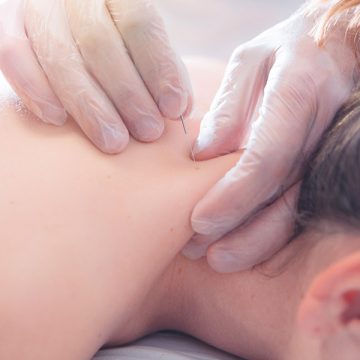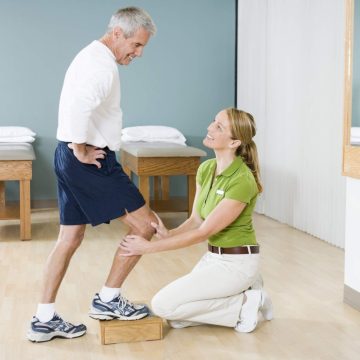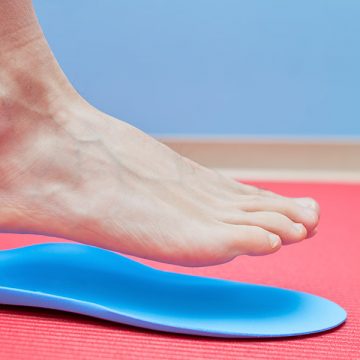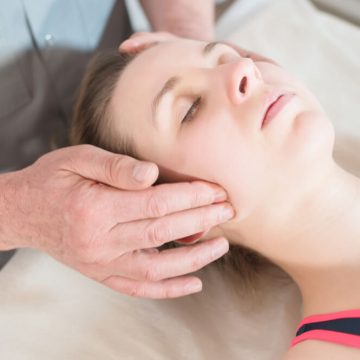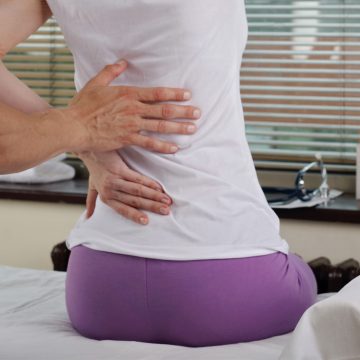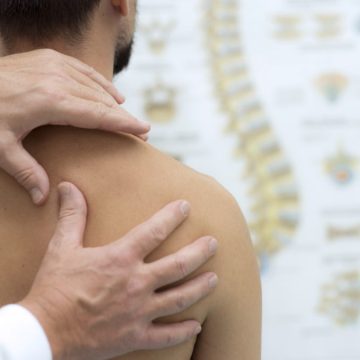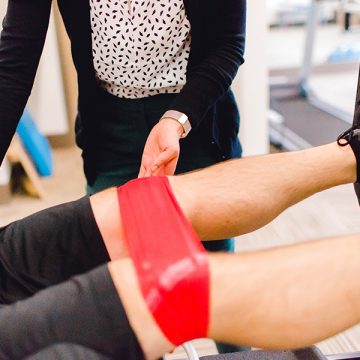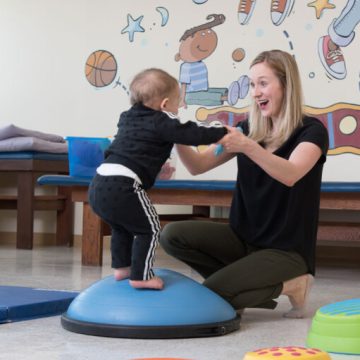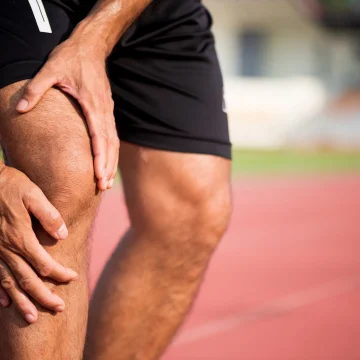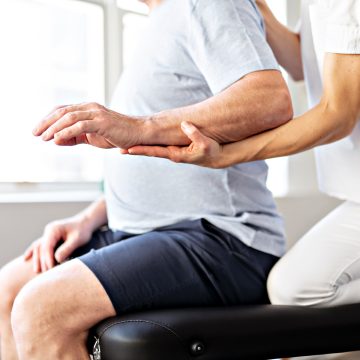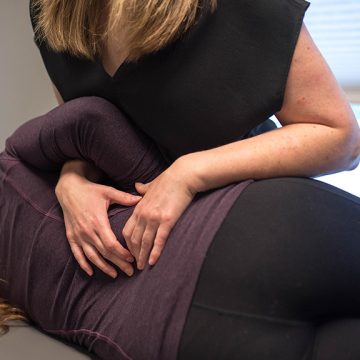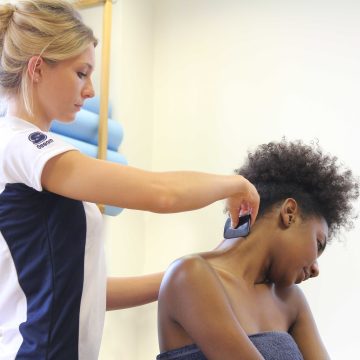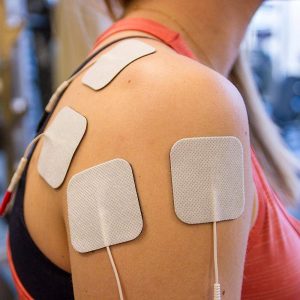Golf Injury Prevention
A golf injury can quickly end your golf season and your entire golfing career. Ensuring that you are healthy and safe when you play a round of golf will keep you pain and frustration free.
However, avoiding golf injuries can take a bit of work. Whether your injury is related to an arm, shoulders, back, neck, or knee, there are some steps you can take to help avoid these issues. If you follow our basic tips for avoiding golf injuries, you could end up with your most successful season yet.
Here are five of our best steps to help you avoid a golf injury when you are on the course. Whether your injury is related to technique or physical strength, these tips will help give you the confidence and performance you need.
How To Prevent Golf Injuries
To prevent golf injuries, regularly stretch, use appropriate equipment, and practice your technique. Seek advice from a doctor or physiotherapist and incorporate strength training to fortify your body against potential strains.
1. Stretch Daily
All golf professionals and sports medicine doctors will tell you to do some stretching exercises before you play a round of golf. This is really almost common sense. However, the real experts will tell you it’s not the stretching you do on the day of your round that matters.
The most important thing is to keep your body warm and limber every day of the week.
Each morning when golfers wake up, they should get involved in a stretching routine. The routine could involve swinging a weighted club. It could simply work on rotation or getting your muscles to loosen up after a night’s sleep.
Repetitive Motions such as swinging golf clubs can increase the risk of injury without having the proper flexibility or range of motion. Amateur golfers can prevent common injuries like elbow pain, Tennis elbow or wrist injuries can be prevented with daily stretching.
Chances are that the addition of these stretches will help more than just your golf game.
2. Play With Proper Equipment
Did you ever think that your golf equipment could cause an injury? Many golfers are using equipment that is much too difficult for them to play with. This puts stress on the player and will risk injuries to the lower back, wrist, and even the shoulder.
If you are purchasing new equipment, make sure you choose something that is suited to the motion you can make as a golfer.
If all your friends are playing with stiff shafts in their driver, don’t be pressured to put one in yours as well. This will most of the time cause an issue with your health, and it certainly won’t help your golf game.
Get your swing speed measured and put equipment into play that you can hit with a repetitive and consistent swing.
3. Practice And Play Regularly
We know it’s more fun to play golf than it is to practice your swing. However, it would help if you had some days of rest from the course to prevent overuse injuries. If you don’t want to strain your body, you also need to condition it to play more golf. Overuse is a problem that will impact joints, hips, tendons, and more.
Try to play two or three times per week and then add in some practice sessions where you work on your swing, short game, and more. Spending time on the range can help you build up the strength you will use on the golf course.
4. Talk To a Doctor or Physiotherapist
Golf is a sport, and it takes athletic ability and core strength. If you are struggling with an injury, it is smart to consult a medical professional. Previous injuries can be aggravated, and new ones develop by repeatedly pushing through pain. Physiotherapists are movement experts and can help you get back on the course pain free all season long. If you’re dealing with an injury on or off the golf course, contact our team at St. Vital Physiotherapy in Winnipeg 204-255-0597.
5. Strength Training
It’s important to work on the proper form and swing mechanics of your golf swing. When you get your mechanics down, the chance of common golf injuries certainly decreases. However, one of the best ways you can avoid things like shoulder pain, golfer’s elbow, or rotator cuff issues is to strengthen your muscles.
When you look at the professional golfers on the PGA Tour, they are always looking to avoid injury. These golfers spend lots of time in the gym working to strengthen their spine, their muscles, and their core. If you want to avoid injury and increase recovery time, start scheduling some time in the gym. If you’re not sure where to start, ask your team at St. Vital Physio!
Why Does My Body Hurt After Golf?
If you come home from a round of golf and you need ice for your elbow, weak knee, shoulder joint, rotator cuff injury, upper body, and lower back, chances are there are some issues in your body and your swing. Golf should not be this painful.
Chances are that poor swing mechanics are causing some of the issues in your game.
If you are hurting after each round of golf, think about these things to help you get a less painful round in.
- Take a golf lesson to see where the issues are in your swing
- Spend some time on the range and see if it causes the same pain; you may be trying to add too much power when on the course
- Stretch before a round as the issue could be that your muscles are just too tight
- Remember that gripping the club tightly will cause more strain and not result in more distance
- Stay hydrated when you are on the course
- When you finish the 18th hole, do a quick stretch of your major golf muscles and drink some more water
How To Avoid Golf Injuries
It’s frustrating to be told you can’t play golf because of an injury. As we age and start to have more issues within our bodies, it becomes even more important to stay in good shape and stretch.
If you want to ensure that you will not be in pain after your next round of golf, you can follow our essential tips for avoiding golf injuries. In the end, these changes that you make won’t just help your golf game; they will help you feel better in all aspects of life.



